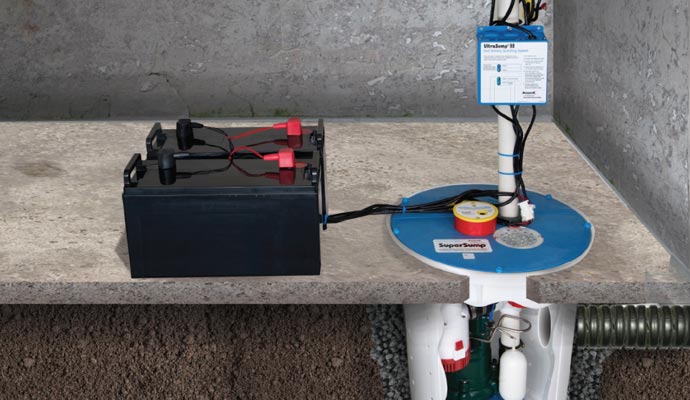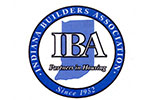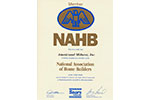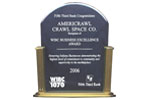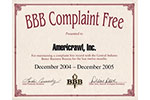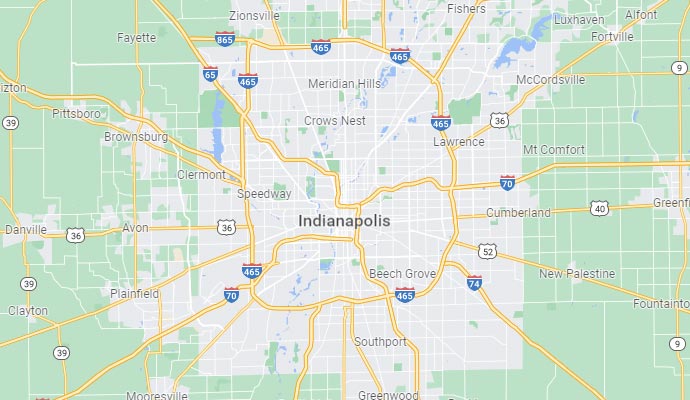What Causes a Wall to Bow?
Foundation walls bow for a variety of reasons, including water pressure, root penetration and poor construction.
Interior drywall panels can also bow due to improper installation or moisture damage. It’s possible for most homeowners to repair bowed drywall themselves, but you should contact a qualified contractor to identify and repair the cause of bowed Indianapolis foundation walls.
Water Pressure
Among the most common causes of a bowing concrete wall is water pressure, which can push upward or horizontally against the wall. In regions that don’t experience freezing winter temperatures, water pressure is typically caused by excessive moisture in the soil. This can be caused by damaged or malfunctioning gutters and downspouts, broken water pipes, a high water table, significantly high rainfall or dense clay soil that tends to retain water. Installing a sump pump and waterproofing your home’s Indianapolis foundation will limit the damaging effects of water on the Indianapolis foundation walls. Moisture can also cause drywall panels to bow and often leads to mold and mildew growth. Address the source of the moisture before replacing the drywall to prevent further damage. For example, if you have a plumbing leak, contact a plumber to fix the problem, then remove the bowed panels and replace with new ones.
Tree Roots
If you have trees or shrubs growing near the Indianapolis foundation of your home, the roots may be causing the walls to bow. Some roots can exert a lot of pressure against walls, and many of these can grow long distances. Even if the tree or shrub isn’t planted directly next to the foundation, the root can still be a problem. A professional can investigate the extent of damage, confirm that it is caused by tree roots, and repair the wall.
Soil and Settling
Soil can shift naturally, and when your footers are installed on loose material, they may shift over time as the soil settles beneath the weight of the foundation. This can apply lateral force to Indianapolis foundation walls, which can cause bowing. Some soils, such as clay, expand when wet, and this can exert pressure on the walls as well. If you notice horizontal cracks as well as bowing, your Indianapolis foundation may be giving way to the pressure of the soil and should be inspected by a qualified contractor.
Father Time
Just like your siding and your roof, your home’s Indianapolis foundation walls need maintenance. Without it, the concrete will break down over time. Have your Indianapolis foundation inspected and repaired by a qualified contractor, and reapply waterproofing coatings to the concrete periodically. These coatings break down, so they won’t last forever. Once the concrete is exposed to moisture, its structural integrity may be impaired. Signs of water infiltration include bowing as well as discoloration of the concrete, cracks and water seepage.
Poor Construction
A bowing Indianapolis foundation wall or interior wallboard may be the result of poor construction. If your Indianapolis foundation was built in inadequate conditions, or the contractor was rushed and took shortcuts, issues can occur later on. For example, the wrong size sill plate will create lateral pressure on the wall. If the trench is backfilled before the concrete has cured, bowing can occur as the soil pushes the unstable material inward. Drywall panels can also suffer from poor construction. For example, if drywall panels aren’t sized properly, and a panel is forced into an opening that is too small, it cannot contact the framing properly. To correct this, remove the panel and trim it so it fits properly, then reinstall the panel.
Details
Published 07 November 2017

